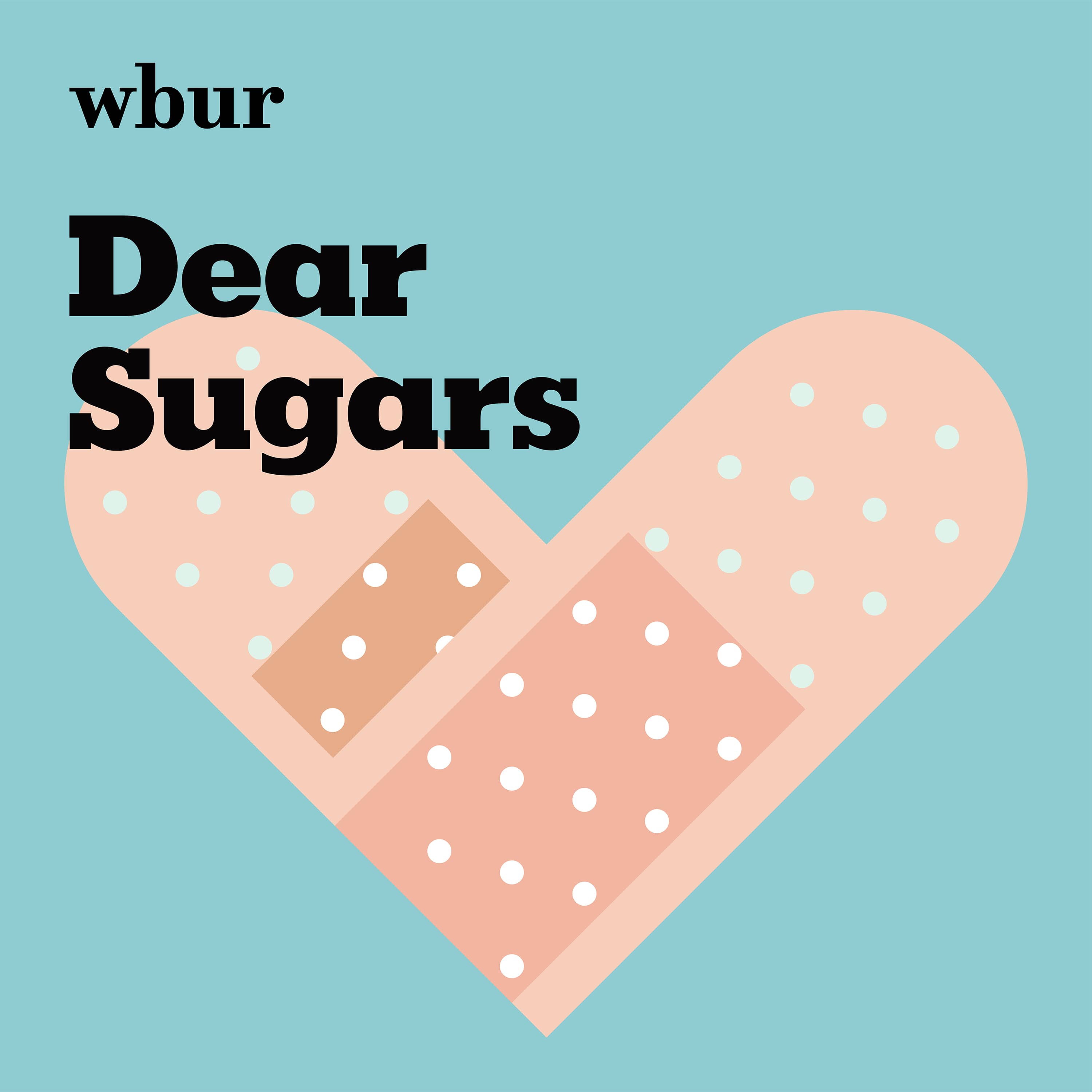Really like it so far!
☆
☆
☆
☆
☆
“I do wish they were more aware of their use of binary language (which excludes non-binary trans people— I’ve heard “men and women” instead of simply “people”, “his or her” instead of “their”. Not everyone uses “he” or “she”. Some of use use they/them singular pronouns) and more aware of how they’re describing trans people (in the episode about the two trans guys). The trans woman spoken about in the beginning wasn’t “a woman who used to be a man”. Trans people have always been the gender we say we are— what you meant to say was, she was a trans woman. A lot of us don’t have the language to explain how we see ourselves, until later on in life (our twenties or later). If you’re talking about us before we came out as trans, you would say “She’s a trans woman” or “She was assigned male at birth”. We commonly use AFAB & AMAB for short, instead of “assigned female/male at birth”. We’re all assigned a binary s*x at birth and the problem lies with the fact that society still conflates s*x with gender. Gender isn’t determined by anatomy, and both s*x and gender are spectrums! Most things in life are, including orientation. Just thought this might be helpful for the future! I mean all the best— I try to educate whenever I possibly can. I’m a non-binary trans & trans masculine person, who uses mainly they/them/their pronouns. For anyone who wants to learn more about trans identities, there’s a huge amount of information available online! It sounds obvious, but Google whatever you want to know and you’ll find answers. Keep in mind that every trans person is unique. Some of us socially transition, but not medically. Some of us can’t medically transition due to financial restrictions or health issues. That’s just a starting point: gender is a spectrum, not determined by the body you were born in to, and for some people, their sense of gender changes. “Non-binary trans” is a term that encompasses a lot of trans identities: gender fluid, genderqueer, trans masculine, trans feminine, agender, and so many more. Binary trans refers to binary trans women and binary trans men. Lastly, gender oppression isn’t only experienced by cisgender women. It’s also experienced by trans people of all genders. We’re discriminated against for being trans, have a huge lack of representation in media and in subjects like s*x ed & history (in schools), have a long way to go in order to have equal rights under the law, and for AFAB trans people, many of us still have to worry about a lack of access to birth control, abortions, period products, etc. Some of us want to get pregnant and give birth to our kids, too. The average cis person doesn’t know about most of this, but I wish it were common knowledge! I hope that information helps in some way, if this podcast addresses issues that affect trans people again”
Masen Everson S. via Apple Podcasts ·
United States of America ·
11/16/20
More reviews of Dear Sugars
☆
☆
☆
☆
☆
“I am so happy to have the Sugars back, and they are excellent in audio format. The show is so well-produced, and the conversation is sterling. Keep them coming, please!”
downloadster via Apple Podcasts ·
United States of America ·
12/16/14
“I went in tentatively not sure what I would get from an 'advice column'. Wow! I love the insight of the human psyche presented from both Sugars. There is an understanding and empathy that is delivered through the podcast in a quick sharp intelligent way that broadens my world view. Keep...”Read full review »
HB_Australia via Apple Podcasts ·
Australia ·
04/13/15
“I sometimes enjoy this podcast, but if you look past the openness and kindness the "answers" provided really smack of straight person, monogamy-only, moralist sanctification of marriage as the only valid arrangement and institution for love, one both the authors seem to have found smug...”Read full review »
meme loose via Apple Podcasts ·
United States of America ·
05/06/15
Do you host a podcast?
Track your ranks and reviews from Spotify, Apple Podcasts and more.


